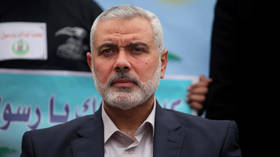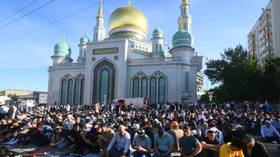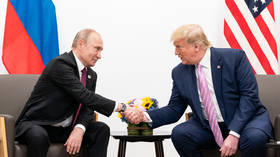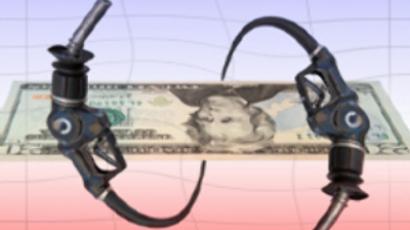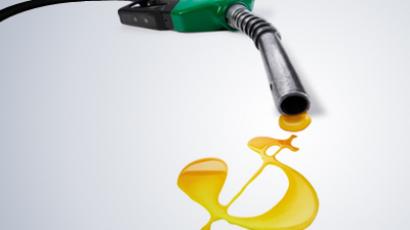Retail petrol prices still leading to supply impasse on local market
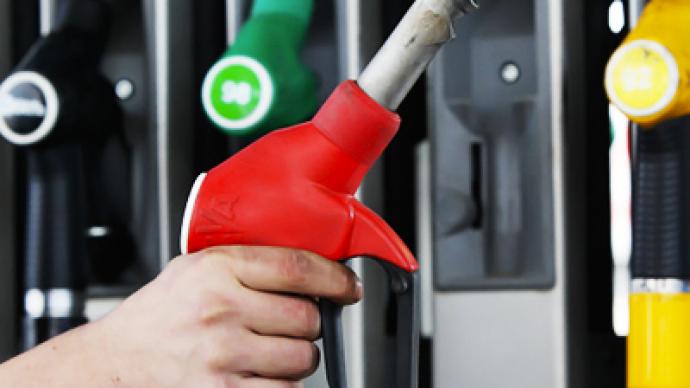
Russian retail petrol prices will remain in focus with administrative pressure to keep prices low in the lead up to Duma and Presidential elections possibly leading to supply shortages according to market players.
Rosneft president, Eduard Khudainatov, has responded to a recent Federal Anti-Monopoly Service proposal on further fuel price reductions with a counter offer to introduce a new fuel price calculation formula, saying that continued pressure on retail fuel prices could lead to a fuel crisis.“If FAS continues to push oil companies with requests on fuel price reduction we will see a tremendous demand for fuel and huge consumption as well as procurement of stocks that inevitably leads to fuel deficit or complete depletion of fuel stocks.” In February Prime Minister Putin obliged oil companies to cut retail fuel prices, which consequently promoted increased fuel exports, and led to a deficit in the domestic market, which became reasonably acute in some Russian regions. The government then focused on promoting fuel trading, which prompted unintended logistic supply chain consequences, as the introduction of new stricter fuel environmental standards pushed upwards price pressures. In June the government halted all fuel exports by introducing new duties and an export ban to overcome the fuel crisis. By the end of June fuel prices fell 17% on the Global markets giving the FAS a chance to push for a similar price cut on domestic markets, but local fuel suppliers responded with only a 2-3% cut.According to Rosneft’s letter to the FAS the regulator should pay attention to export parity in favor of imported netback when calculating the competitive price.“FAS should not regard domestic prices as high, in case they do not exceed the price of petroleum products imported from Europe.”Stanislav Emelianov, Deputy Director at Omnicomm believes domestic fuel prices are likely to rise over the medium term, with parity with European retail fuel prices likely. “The new fuel crisis, forecasted by the Rosneft is unlikely to happen, especially the mechanism of its emergence from the actions of small speculators seems very doubtful. However, I assume that neither state fuel companies nor the private ones will agree on price reductions and are willing to engage on this issue in the war, if not with the government, then with FAS. The consequence of this position, even without further increase of excise duties will lead to inevitable increase in fuel prices. In these circumstances, the Russian business should prepare for the fact that in 2012-2013 the price of petroleum products and diesel may reach European levels and seek to reduce the costs of fuels and lubricants.”Viktor Markov, Senior Analyst at Zerich Capital Management, says the pressure on oil companies has stems from political pressures in the lead up to coming Duma and presidential elections, noting that administrative pressure to keep retail prices low could lead to a production response by major fuel companies.“In theory, fuel prices depend on global oil prices which have recently stabilized around 105-115 $ per barrel of Brent oil. What we have got now is price per fuel mark 95 in a range between 27-28 roubles per litre. FAS is trying to keep low prices, anticipating further decline of global prices, and prevent prices rising, which adds to inflationary stress. On the other hand, tough regulation policy and export restrictions cut oil companies profits given that 50% of fuel price is paid as tax to the government. This could be a driver to reduce oil processing and lead to the emergence of a deficit at some point. However, the government policy against high fuel prices is more or less a political move which should disappear after elections. In these circumstances the fuel crisis is unlikely to happen.”





